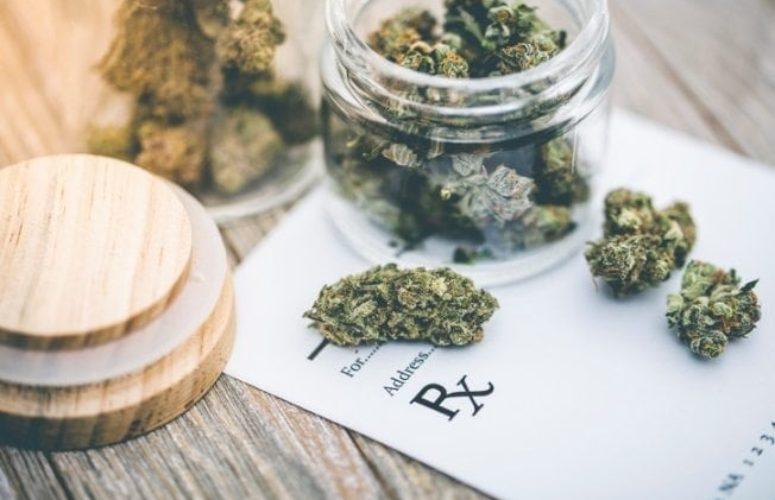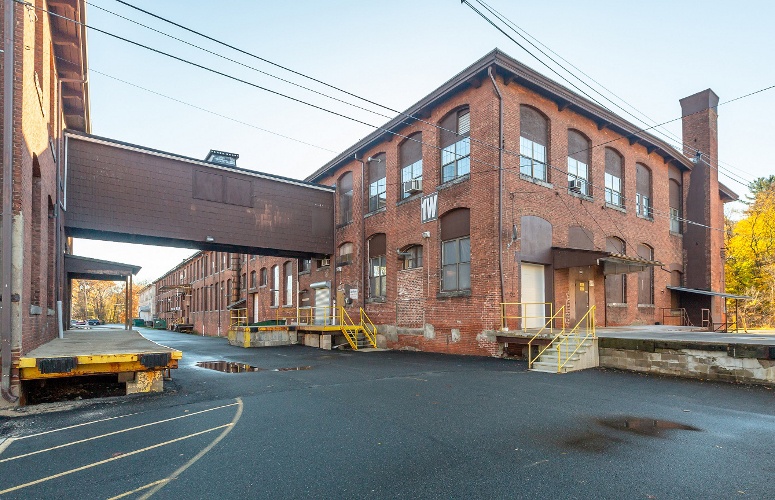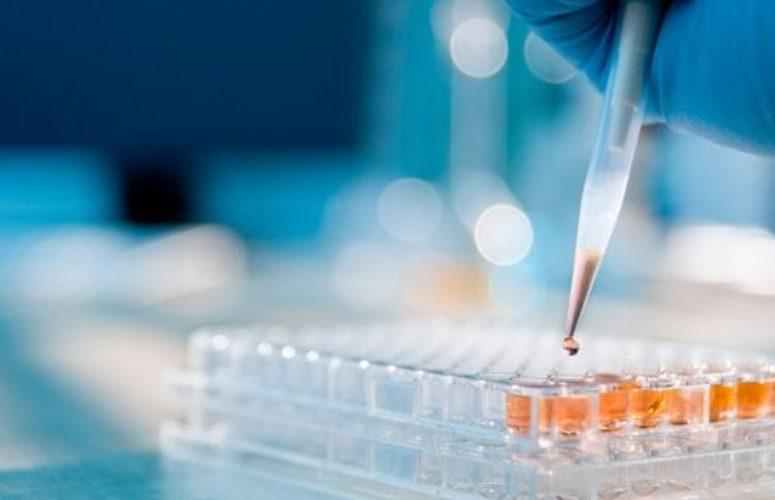
NJ Department of Health Announces Medical Marijuana Rule Changes
Implements Governor Murphy’s Executive Order 6 Regulatory Recommendations
On May 13, 2019The New Jersey Department of Health announced amended medical marijuana rules that establish standards by which the department implements the Compassionate Use Medical Marijuana Act. The rule changes follow the department’s recommended regulatory actions in response to Gov. Phil Murphy’s Executive Order #6, which charged the department with reviewing all aspects of the program to expand access and eliminate bureaucratic barriers.
“These rules solidify key program reforms to ensure greater patient access to this effective therapy,” Health Commissioner Dr. Shereef Elnahal said. “With these changes, the department will be able to add conditions more rapidly, remove barriers for minors and increase supply of product available.”
The rule codifies the following changes that are already in effect:
- Reducing the registration fee for qualifying patients and their caregivers from $200 to $100
- Adding seniors and military veterans to those eligible for the reduced registration fee of $20
- Authorizing qualifying patients to designate up to two primary caregivers instead of just one
- Reflecting the addition of seven “debilitating medical conditions” including PTSD, by statutory enactment; and six new conditions (anxiety, chronic pain of visceral origin, chronic pain related to musculoskeletal disorders, migraines, Tourette syndrome, and Opioid Use Disorder), by the State Health Commissioner’s March 22, 2018, petition decision, and January 23, 2019 revision
- Allowing physicians to opt out of inclusion on a public list of participating physicians
- Elevating the Medicinal Marijuana Program to division status within the Department of Health
- Expands the forms of medical marijuana available in New Jersey to include oil-based formulations, like vape cartridges
Additionally, the rule includes the following changes that will go into effect upon publication:
- Creating a separate permitting system for cultivation, manufacturing and dispensing marijuana for medical purposes, which would increase the available supply of, and patient access to, usable marijuana and allow for specialization in the market
- Streamlining the process to petition for the addition of “debilitating medical conditions” by removing the requirement that petitions first be referred to the Medicinal Marijuana Review Panel
- Emphasizing the advisory role of the Medicinal Marijuana Review Panel to include the provision of guidance and recommendations to the State Health Commissioner regarding the medical use of marijuana
- Removing the requirement of psychiatric evaluation as a condition of physician certification of minors as qualifying patients
There are currently 46,300 patients, 950 doctors and 1,850 caregivers participating in the program.
An unofficial copy of the rules is available on the department’s website: https://nj.gov/health/medicalmarijuana/program-rules/.
The rule adoption will appear in the New Jersey Register on May 20.
To access more business news, visit NJB News Now.
Related Articles:





